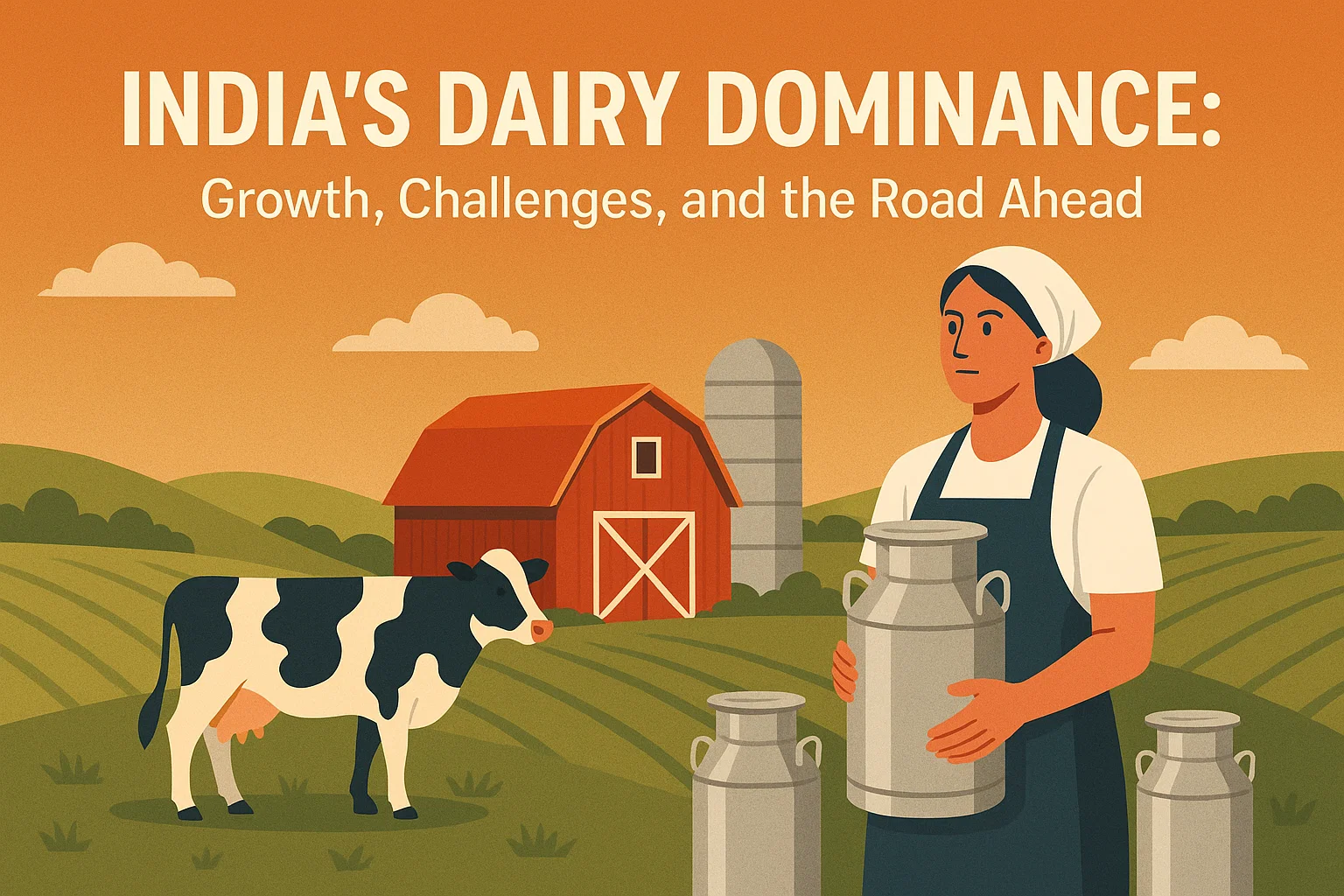Font size:
Print
GST Reform Must Address the Critical Gap in Tobacco Taxation
GST reform and unfinished business in tobacco control
Context: With the GST compensation cess set to expire in March 2026, there is growing concern among public health experts that tobacco could become even more affordable, undermining India’s health goals and economic burden mitigation efforts.
What is the significance of GST in India’s economic landscape?
- Introduced on July 1, 2017, the Goods and Services Tax (GST) replaced multiple indirect taxes like VAT, excise duty, and service tax, creating a unified national market under the “One Nation, One Tax” framework.
- GST collections reached ₹22.08 lakh crore in FY25, reflecting a 9.4% year-on-year growth, indicating economic formalisation and improved compliance.
- The tax reform has streamlined compliance, reduced logistics costs, and boosted inter-state trade, benefiting consumers and businesses.
Why is tobacco taxation a public health concern under GST?
- Tobacco taxation under GST has been inadequate, contributing to public health challenges as tobacco use remains a leading cause of preventable diseases in India.
- The revenue from tobacco (approximately ₹551 billion annually) is significantly lower than the health costs of tobacco-related illnesses, estimated at ₹2,340 billion yearly.
- No significant tax hikes on tobacco products have occurred since GST’s introduction in 2017, failing to curb affordability and consumption.
How has GST impacted tobacco control compared to pre-GST policies?
- Pre-GST, regular tax increases led to a 17% decline in tobacco use, demonstrating the effectiveness of taxation in reducing consumption.
- Post-GST, the lack of significant tax increases has allowed tobacco products to remain affordable, undermining public health efforts.
- The GST framework applies a 28% tax rate to tobacco products, classified as “sin goods,” but this has not been adjusted to account for inflation or rising incomes.
What are the proposed reforms for tobacco taxation under GST?
- Link tobacco tax policies to inflation and income growth, with annual adjustments to prevent tobacco from becoming more affordable as incomes rise, as recommended by the WHO.
- Introduce a health cess on tobacco products to replace the expiring compensation cess, aiming to address the health costs of tobacco use.
- Strengthen anti-counterfeit measures, such as the proposed Track & Trace technology, to combat the illicit tobacco trade and ensure product integrity.
How does GST’s broader implementation affect public health and economic justice?
- Critics, argue that GST has been poorly implemented, disproportionately affecting the poor and MSMEs while favouring large corporations.
- The GST system needs reforms to be more people-centric, business-friendly, and federal in spirit to address economic disparities and public health concerns like tobacco control.
- Despite challenges, GST has been praised for fostering cooperative federalism and enhancing ease of doing business, particularly for SMEs.


